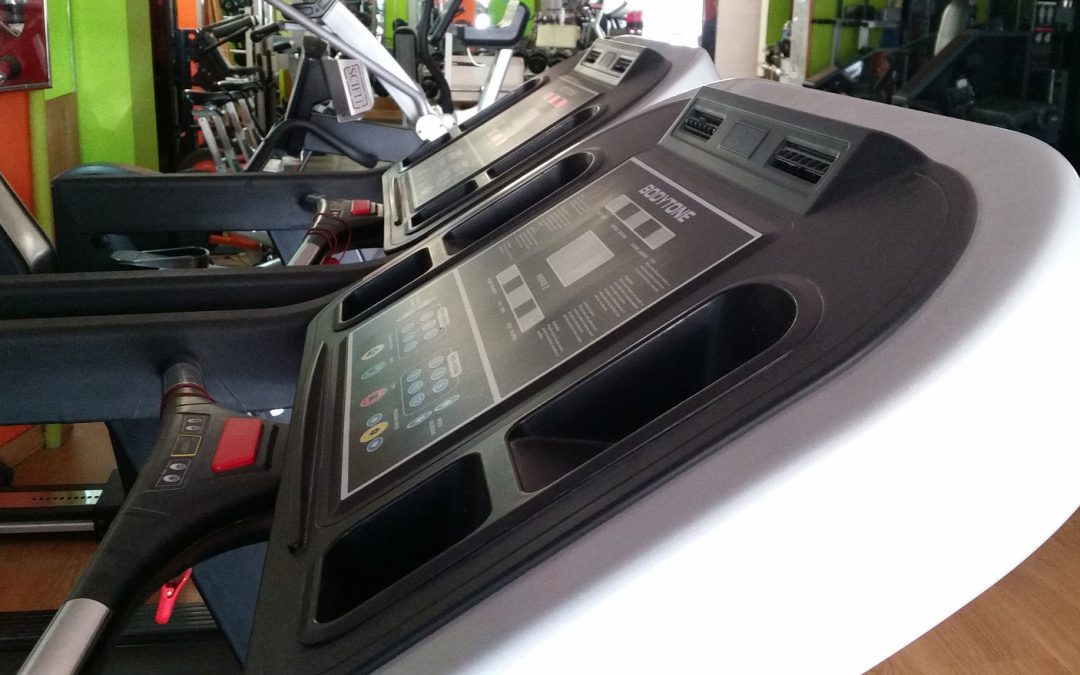Contributed by Jim Nelson, consultant to CAIRE Inc. ~ Part 1 ~ Recently, I was asked to answer three questions as a part of qualifying to work with a company on a promotional advocacy video. I liked the questions and I liked the answers that I came up with, so I want to share them with you. Due to word count restraints, I am splitting it into two installments. I will deal with the first two now and save the third one for Part 2. Try to catch all of them, because they are important to anyone with lung disease.
QUESTION ONE:
What are a few things you have done that have helped improve your quality of life since being diagnosed with COPD?
First and foremost, exercise!! Lots and lots of exercise! In our writings or our lectures, we stress that the COPD patient always has choices. After the diagnosis, they may choose one of two main roads. They may decide that this is it, that they can’t breathe anyway, and that the best course of action is to head for the couch and the TV remote. That is a choice.
Alternately, they can reach down to where the “stubborns” are kept and decide to learn, to figure out the possibilities of living with a chronic, progressive disease. That is the choice that we made. I was diagnosed in 1995, with 33% of the lung capacity that I should have had, given my age, height, etc. There was far less information on the Internet about the disease than there is now. Nonetheless, we immediately dived in and began the research that continues today. We quickly learned that exercise was absolutely vital in the attempt to maintain a decent quality of life.
I ordered my first treadmill. We set up a spare bedroom as the “exercise room.” Originally it consisted of the treadmill and a TV set. Then came the VCR, so that I could watch movies as I accumulated the miles. Then, a small mini-trampoline upon which I could run to the rhythm of Huey Lewis and the News, or Creedence Clearwater Revival. Then, a little stair-stepper for the thigh muscles. Rubber resistance bands for upper body stuff. A set of barbells from a garage sale. I religiously spent an honest hour a day in that room, sometimes with supplemental oxygen, sometimes not, but pushing myself so that I could hopefully have a chance to spend more years with Mary, to live life as I wanted to.
I have since worn out three treadmills.
QUESTION TWO:
What do you wish you knew when you were first diagnosed with COPD? What would you tell yourself?
The diagnosis is not a death sentence! Far from it! Yes, people do die from lung disease, and it can be an unpleasant passing, but many, many folks with COPD die from something else. They die with COPD, rather than from it.
Again, the choices. Mary and I are both pretty stubborn individuals, and we both decided that we were not done with me yet, so I chose to see just how long a person could live with severe COPD.
The patient is not alone! There are an estimated 15 million people who have been diagnosed, and likely another 12 million who are walking around with the disease and who are not as yet diagnosed. They blame their coughing and their increased shortness of breath on growing older, on a present or past smoking habit, on being overweight or out of shape. Many thousands of the people who have been relegated to the ranks of the COPD community have joined support groups.
There are local support groups, organized many times by such organizations as the American Lung Association. There are a double handful of Facebook-based groups, both public and private, where patients, caregivers, and medical professionals trade tips, ideas, and encouragement. It is fun to post a question on some aspect of living with lung disorders and then stand back and watch the amazing number of replies from people who really care. You may never meet many of these people face-to-face, but a lot of them become fast friends!
~ Uncle Jim
Jim Nelson is a double lung transplant recipient and a patient advocate for COPD patients throughout the U.S. and around the world. He and his wife, Mary, are well known patient advocates and brand ambassadors for those organizations who tirelessly endeavor to help those individuals who suffer from a variety of respiratory diseases and the caregivers who support them.
If you have been prescribed oxygen therapy, learn more about CAIRE by visiting www.cairemedical.com or calling 1-877-704-0878 to talk to an oxygen advisor.
When using any oxygen therapy device please consult the applicable product instructions for use for product indications, contraindications, warnings, precautions, and detailed safety information.

